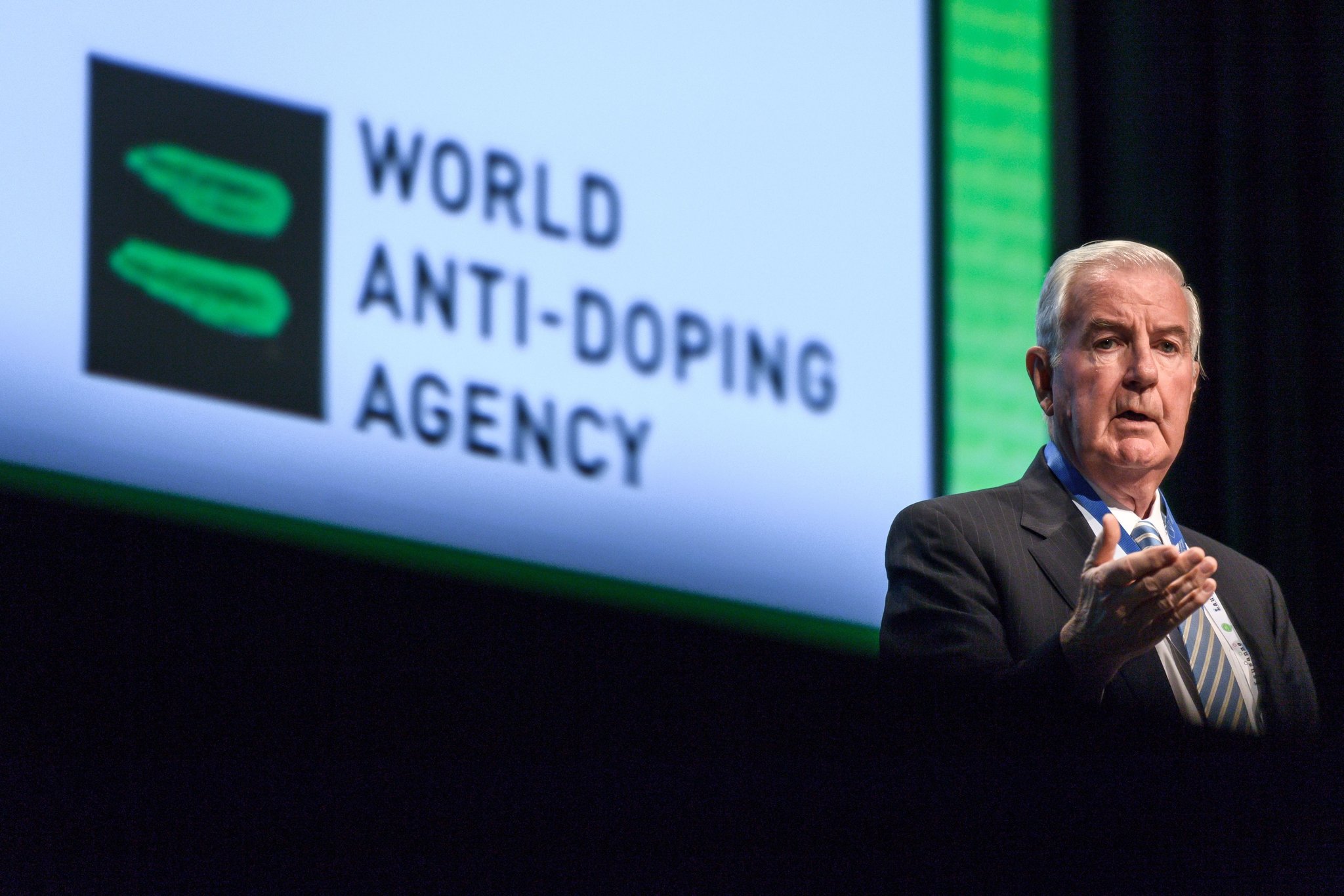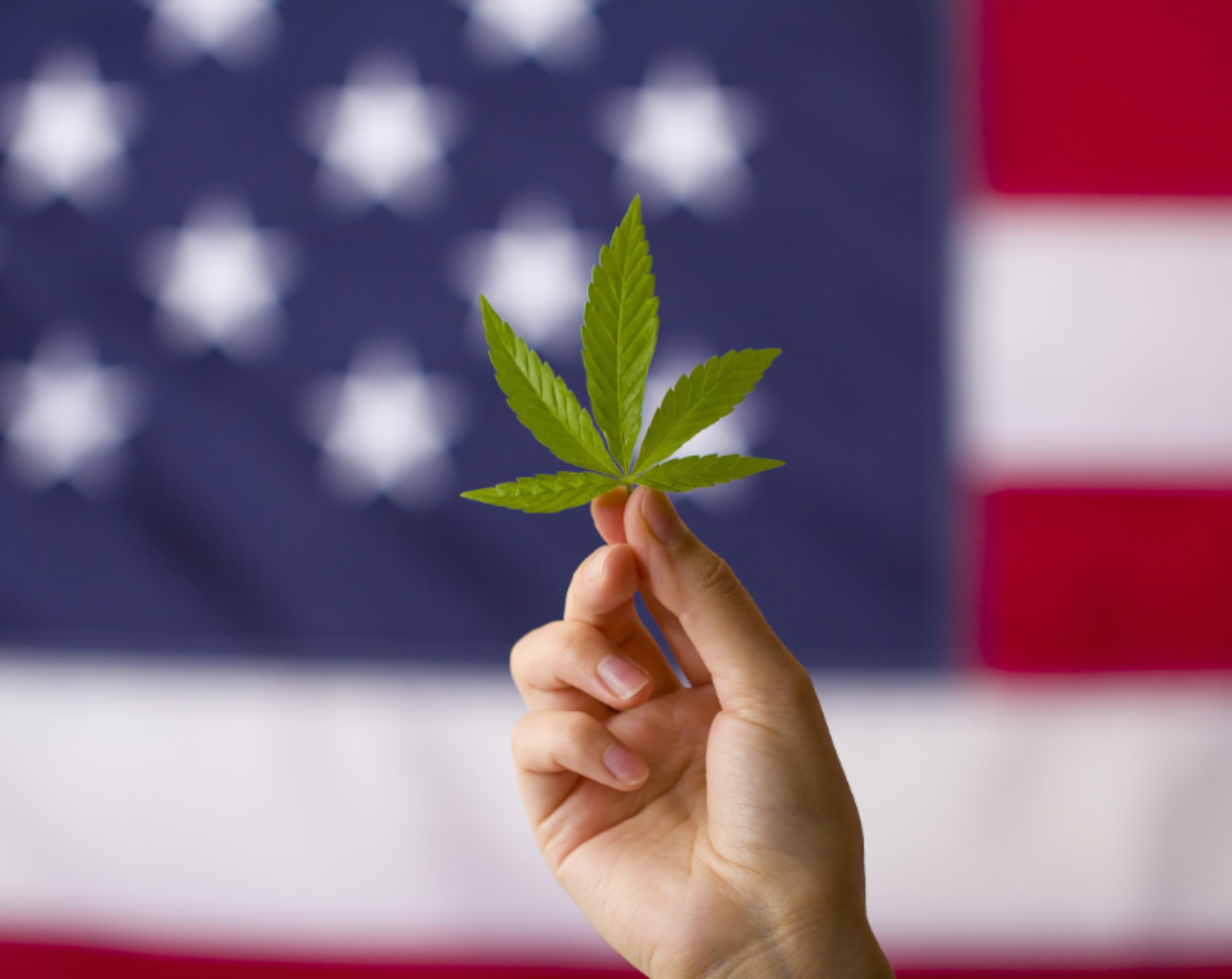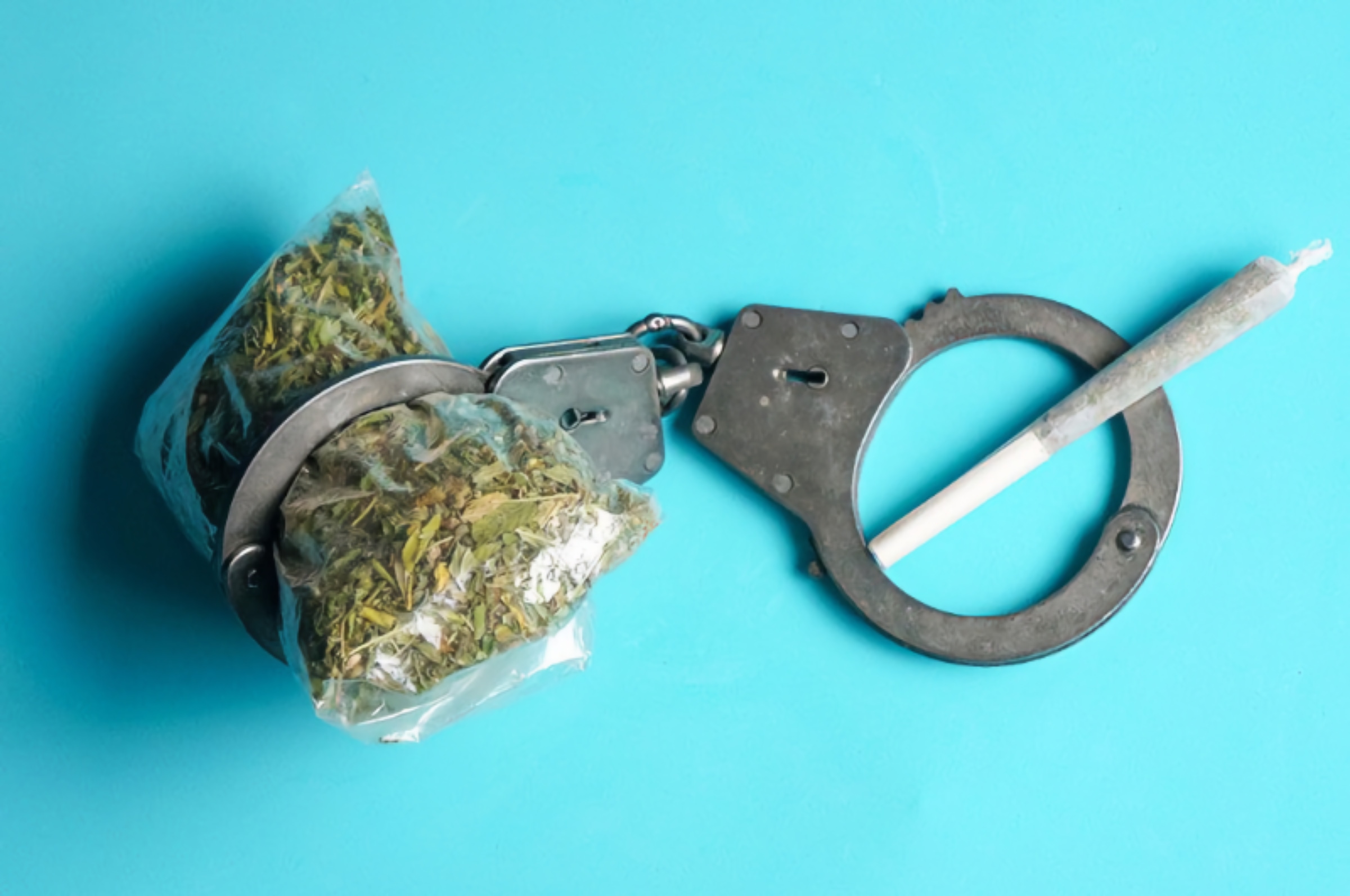
A panel of experts assembled by the World Anti-Doping Agency (WADA) has reaffirmed its decision to keep cannabis on the list of prohibited substances for athletes, even as it acknowledges the lack of performance-enhancing effects and potential benefits for athletes’ recovery and pain management. The conclusions of the WADA panel were shared in an editorial published in the August 13 issue of the journal ‘Addiction,’ as reported by Marijuana Moment.
Comprised of specialists in sports medicine, law, and ethics, the WADA panel meticulously reviewed available evidence on the use of marijuana by athletes. The panel recognized that while cannabis doesn’t provide an advantage in terms of performance, it can play a role in facilitating recovery and reducing pain. However, despite these insights, the panel determined that cannabis will remain on the Prohibited Substances List due to concerns related to athlete health and the perceived violation of the “spirit of the sport” as defined by the WADA Code.
The decision aligns with WADA’s established criteria for retaining a substance on the prohibited list. In this case, cannabis meets two of the three criteria: the potential risk to athlete health and the perceived conflict with the essence of sportsmanship. This stance has sparked discussions on the potential ramifications of excluding or permitting cannabis use in professional sports.
WADA’s stance on cannabis has drawn attention recently, particularly in light of its adjustments under international pressure following the case of world champion sprinter Sha’Carri Richardson. Richardson’s suspension from the Tokyo Olympics in 2021 due to a positive cannabis test prompted WADA to raise the threshold for marijuana testing from 15 ng/mL to 150 ng/mL, acknowledging that the previous threshold was disproportionately strict.
While WADA’s position remains steadfast, other major sports organizations have been evolving their perspectives on cannabis. Notably, Major League Baseball (MLB) removed cannabis from its list of banned substances in 2019, setting a precedent for other sports. The National Basketball Association (NBA) made an announcement in March that it would cease testing players for cannabis. The National Football League (NFL) followed suit in 2020 by revising penalties for positive marijuana tests to fines rather than suspensions, but the league still grapples with calls to completely halt testing.
In a significant shift, Las Vegas, a prominent hub for combat sports such as boxing and mixed martial arts (MMA), recently made the decision to no longer classify cannabis as a performance-enhancing substance, further adding to the ongoing discourse.
For those intrigued by the intersection of cannabis and sports, an opportunity to delve into the topic further is on the horizon. The Benzinga Cannabis Capital Conference, scheduled for September 27 and 28 in Chicago, will feature discussions on sports and cannabis. Additional information is available on bzcannabis.com for those interested in engaging with this evolving conversation.
As debates around cannabis and its impact on sports continue to evolve, the WADA panel’s decision emphasizes the complexity of striking a balance between athlete health, fair competition, and the evolving societal perspectives on marijuana.
Read the whole article from Benzinga here.












